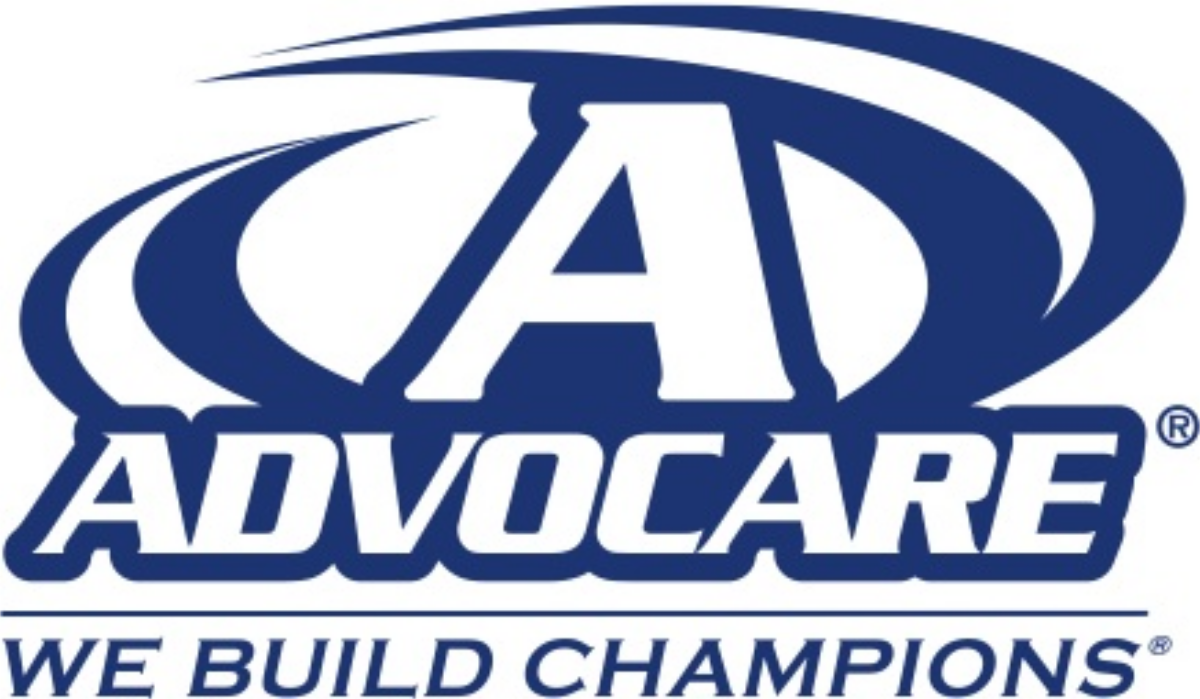Is It Just a Glorified Pyramid Scheme?
Pre-Paid Legal is in need of better reality, not better stories, according to this author.
Is it just a glorified pyramid scheme?
Monday, July 28, 2003
By PETER S. COHAN
Pre-Paid Legal Services, a $359 million multi-level marketer of legal expense plans based in Ada, loves a good story.
Pre-Paid’s founding legend is such a whopper. In 1969, company founder Harland Stonecipher was involved in a car accident. The other driver survived the crash. But, according to Stonecipher’s memoir, “I faced thousands of dollars in legal costs stemming from an accident in which I was blameless.”
Stonecipher’s version is incomplete. Business Week Online interviewed his attorney at the time and reviewed copies of the suits. The attorney said that Stonecipher sued first for roughly $125,000. The other driver later sued Stonecipher for less. He ultimately settled for $3,000.
According to the attorney, Stonecipher’s version “made a lot better story if he was sued first.”
As its employees, customers, and shareholders have seen, Pre-Paid’s entire operation is based on such “better stories.”
Sales recruitment
Pre-Paid’s operation depends on recruitment of new “associates” who sell Pre-Paid policies and recruit other associates.
Pre-Paid’s associate recruitment relies on telling better stories. At Pre-Paid sales conventions, thousands of associates and recruits listen to passionate speeches. The parking lots are full of Humvees, Mercedes, and Maseratis.
Len Clements, a multilevel marketing expert, offers an eyewitness account of 2000’s Pre-Paid recruitment meeting. According to TheStreet.com, Clements listened to Tommy Vu, the 1980s infomercial star widely sued by disgruntled students of his $15,000 real-estate sales “boot camp.”
“Tom Vu takes out a five-dollar bill and wraps it around the microphone stand,” recalled Clements, “Then he asks the audience, �If I said you could take this $5 for $1 of your own, what would you say?’
But Pre-Paid’s recruitment conventions exclude story-damaging details. According to Robert FitzPatrick, president of Pyramid Scheme Alert, these include:
The average Pre-Paid associate takes home under $3 weekly;
Many of Pre-Paid’s 341,000 associates never recoup the $249 they pay to access the Pre-Paid “opportunity;”
Half its associates leave and half its customers terminate their policies annually; and
Pre-Paid prepays a year of sales commissions but forces associates to pay them back with interest if they don’t meet their sales targets.
Stonecipher declined to comment on the number of levels in Pre-Paid’s marketing structure, each level’s number of people, its turnover, its average associates’ earnings, or the percentage of associates who earn over $30,000. Such details might not make a good story.
Customer closing
Pre-Paid also omits pesky facts from its customer sales pitches. According to an Alabama lawsuit, associates are instructed to tell prospective customers that Pre-Paid’s coverage offers unlimited legal access and coverage. In an issue of Pre-Paid’s in-house magazine, Connection, David Savula, a leading Pre-Paid associate recruiter, wrote: “Does our product cover everything? Yes. So if somebody asks does it cover this or does it cover that, we’re going to say, �Yes.'”
Contrary to Savula’s claim, Pre-Paid’s written policies limit coverage. Cases involving bankruptcy, alcohol, drugs, preexisting conditions, divorce, annulment, child custody, and many others are covered in a limited way.
Will-writing and contract reviews are among the few services covered for free by the Pre-Paid policies.
Its Alabama attorney defends the gap between associate’s words and Pre-Paid’s contracts by noting that it cannot be held responsible for the verbal assurances of its non-employee associates.
Stonecipher did not describe the policies as offering unlimited coverage. He pointed out that there are different levels of policies and that they cover different services.
Shareholder scams
The Securities and Exchange Commission (SEC) has twice forced Pre-Paid to restate its financials. In 1994, Pre-Paid wanted to do a public stock offering, however the SEC said no unless Pre-Paid expensed its customer acquisition costs instead of amortizing them. Pre-Paid fought the change but ultimately capitulated – devastating its balance sheet. Stockholders’ equity fell 90% to $2.4 million; assets declined 69% to $11.1 million; and 1993 net income of $306,000 became a net loss of $613,000.
In 2001, the SEC again forced Pre-Paid to restate its results. Pre-Paid went from treating sales agents’ commissions as an asset which it amortized, to expensing them immediately. Pre-Paid slashed its 2000 per-share earnings 42% to 81 cents and its 1999 results 66% to 57 cents.
Stonecipher said that Pre-Paid should treat the commissions as an asset the way life insurance companies do, however, the SEC did not agree.
Pre-Paid’s disclosure of and protection against lawsuits are flimsy. Its recent quarterly report details numerous lawsuits filed against Pre-Paid. Stonecipher declined to estimate the suits’ total damages. But Pre-Paid’s SEC filing estimates that just two assess $415 million in damages. Yet Pre-Paid has reserved a mere $3.3 million against all these lawsuits.
Many believe Pre-Paid’s stock is due to fall. Pre-Paid’s short interest is higher than all but three NYSE stocks. With 8 million Pre-Paid shares sold short and a 186,000 share average daily trading volume, it would take 44 days to cover this short position.
But Pre-Paid is in a Mexican standoff with these short sellers. According to a hedge fund manager with a large Pre-Paid short position, “either you’re a cult believer in Pre-Paid – because much of the stock is held by people who are associated with the company – or you’re short. And there’s very little in between. The sales associates are only buying – never selling – and the company has its big buyback program [Pre-Paid has spent $145 million since April 1999 buying 6.5 million shares]. Meanwhile, the shorts can’t short the stock anymore. So the stock’s just going to sit there until there’s a major event.”
Stonecipher’s comment on why the short interest in Pre-Paid is so high: “Ask the shorts.”
In 2002, Pre-Paid took on a $30 million credit line to finance a $30 million headquarters edifice and to buy back more stock. To avoid default, Pre-Paid must retain over 50% of its customers with policies in force for under a year. In 2002, that rate was a meager 51.8%. Pre-Paid must keep the ratio of Total Liabilities to Tangible Net Worth below 375 percent. But Pre-Paid’s stock repurchase program lowered its net worth, so its bank loosened the ratio from the original 250 percent to avoid a default.
Stonecipher did not comment on the loosening of this covenant but claimed that Pre-Paid is in no danger of violating any of them and that the bank with which it has the credit line had visited Pre-Paid recently to lend it more money.
My conclusion: Pre-Paid needs to dump its “better stories” and deliver a better reality.
Peter S. Cohan is president of Peter S. Cohan & Associates (www.petercohan.com), a management consulting and venture capital firm. He’s the author of seven books, including the forthcoming Value Leadership: The 7 Principles That Drive Corporate Value in Any Economy (Jossey-Bass, A Wiley Imprint, September 2003).





 Visit the
Visit the
About how much would a consultomer have paid for all that merch?
This is wild! To finish DIQ, I had 5 "fake" consultants. All but one (my mom, of course!) had signed…
Very good analogy.
Probably to convince the company that she was valuable to them.
Maybe she thought that if she placed a huge order, they wouldn't terminate her? Obviously, she was desperate not to…